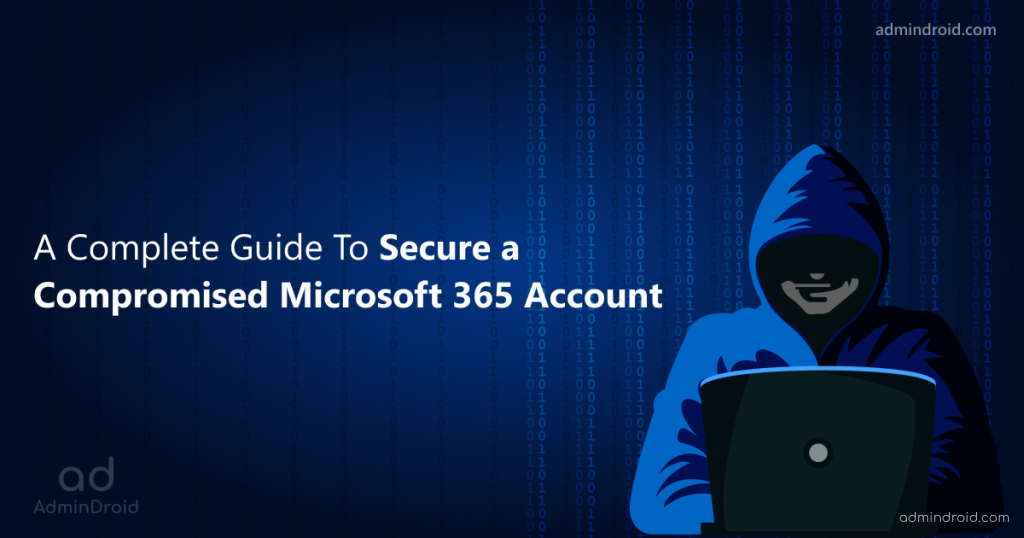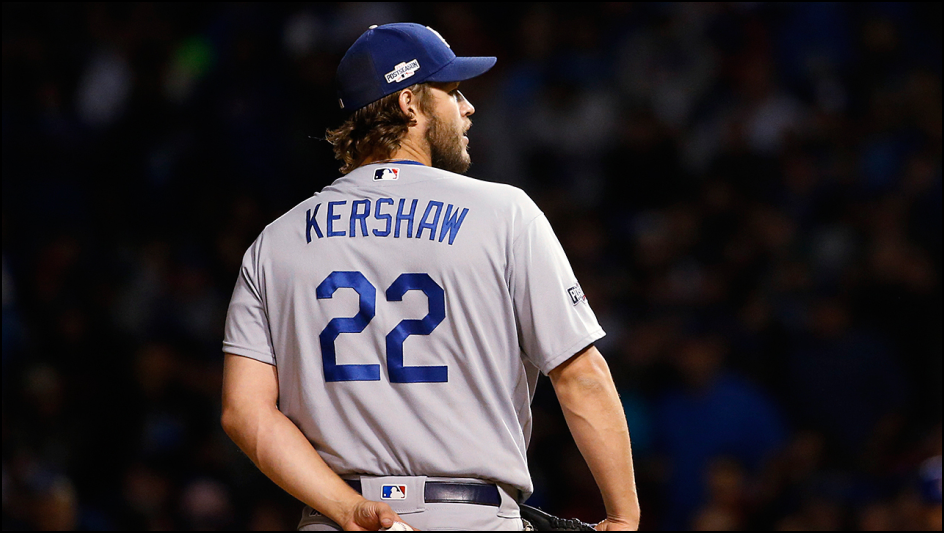Should SNL Allow Cursing? Bowen Yang Weighs In

Table of Contents
Arguments For Allowing More Cursing on SNL
Reflecting Modern Language
- Relatability to Younger Audiences: Allowing cursing on SNL would make the show more relatable to younger viewers, whose everyday language often incorporates profanity. In the age of social media and unfiltered online content, a more realistic portrayal of modern speech patterns could attract and resonate with a wider demographic.
- Authenticity and Naturalism: The use of profanity, when employed strategically, can make sketches feel more authentic and less sanitized. It can enhance the realism of characters and situations, creating a more immersive viewing experience.
- The Influence of Modern Comedy: Stand-up comedy and other forms of modern comedic expression frequently utilize profanity to great effect. Restricting SNL to a more archaic standard of language feels increasingly out of touch with contemporary humor.
Example: Compare the raw, unfiltered humor of comedians like Dave Chappelle or Hannah Gadsby to more traditional, family-friendly sitcoms. The use of profanity in their routines isn't gratuitous; it serves to heighten the impact of their social commentary and comedic observations.
Creative Expression and Artistic Merit
- Powerful Comedic Tool: Profanity, when wielded effectively, can be a powerful tool for comedic effect. It can add shock value, emphasize a punchline, or provide a unique layer of intensity to a joke.
- Nuance and Depth: Strategically placed curse words can add depth and nuance to sketches, allowing for more complex character development and more sophisticated social commentary. The impact of a well-placed expletive is significantly greater than a bland euphemism.
- Satirical Potential: Profanity can be a powerful tool for satire, particularly when used to expose hypocrisy or challenge social norms. It can enhance the shock value of a satirical sketch, forcing viewers to confront uncomfortable truths.
Example: Imagine a sketch satirizing political hypocrisy. The strategic use of profanity, mirroring the language used by the individuals being satirized, could amplify the sketch's comedic and critical impact.
Bowen Yang's Perspective (Speculative)
While Bowen Yang hasn't explicitly commented on SNL's profanity policy, his comedic style suggests a potential openness to its use. His work often involves observational humor with a subtly subversive edge. It's conceivable that he might see the strategic use of profanity as a way to enhance the impact of his already sharp wit and social commentary. His willingness to push comedic boundaries suggests a potential alignment with the arguments for increased flexibility in SNL's language policy. A more explicit stance from Yang on this issue would certainly be welcome to fuel further discussion.
Arguments Against Allowing More Cursing on SNL
Maintaining Broadcast Standards and Family-Friendly Appeal
- Broadcast Regulations and Fines: SNL operates under broadcast standards and regulations, and increased profanity could lead to fines from the FCC. This would directly impact the show's budget and potentially its creative freedom.
- Alienating Viewers: Allowing more cursing could alienate family viewers, who may find the content inappropriate for children. This could lead to a decline in viewership and advertising revenue.
- Balancing Creative Freedom and Responsibility: Finding a balance between creative freedom and upholding broadcast standards remains a challenge. Increasing profanity could potentially jeopardize this delicate balance.
Example: The history of SNL's relationship with the FCC demonstrates the potential consequences of pushing boundaries too far. A careful consideration of these potential risks is essential.
The Potential for Overuse and Diminished Impact
- Desensitization and Diminished Humor: Excessive use of profanity can lead to desensitization, reducing its comedic impact. A constant barrage of curse words can cheapen the humor and make it less effective.
- Undermining Clever Writing: Relying too heavily on profanity can overshadow clever writing, witty dialogue, and nuanced character development. A truly great comedy sketch doesn't need to rely on shock value alone.
- Overall Comedic Quality: Overuse of profanity can compromise the overall comedic quality of the show, leading to a decline in its artistic merit.
Example: Compare a sketch where profanity is used sparingly and strategically to one where it's employed gratuitously. The former is likely to be more effective and memorable.
Alternative Ways to Achieve the Same Effect
- Clever Writing and Wordplay: Skilled writers can achieve the same comedic impact through clever wordplay, satire, and insightful social commentary without relying on profanity.
- Physical Comedy and Visual Gags: Strong physical comedy and well-executed visual gags can amplify humor without the need for explicit language. This adds a different layer of comedic appeal that transcends linguistic barriers.
- Subtlety and Nuance: Subtle humor and nuanced character development can often be more powerful and memorable than crude shock tactics.
Example: Many classic SNL sketches achieve remarkable comedic success without resorting to profanity, proving that it is not a necessary ingredient for quality humor.
Conclusion: The Future of Language on SNL
The debate surrounding profanity on SNL highlights the tension between creative freedom and broadcast standards. While allowing more cursing could enhance relatability and comedic impact for some viewers, it also carries risks, including alienating others and potentially incurring fines. Bowen Yang's perspective, while not explicitly stated, would likely contribute to this complex discussion. Ultimately, the show's decision on this matter will require a careful balancing act.
Should SNL allow cursing? The answer remains nuanced and depends on the prioritization of various factors. What do you think? Share your thoughts in the comments below! Let's continue the conversation about the future of language on Saturday Night Live.

Featured Posts
-
 The Hunt For Bin Laden New Insights From Netflixs American Manhunt
May 18, 2025
The Hunt For Bin Laden New Insights From Netflixs American Manhunt
May 18, 2025 -
 Crook Accused Of Millions In Office365 Executive Account Compromises
May 18, 2025
Crook Accused Of Millions In Office365 Executive Account Compromises
May 18, 2025 -
 Voyager Technologies Files For Public Offering A New Era In Space Defense
May 18, 2025
Voyager Technologies Files For Public Offering A New Era In Space Defense
May 18, 2025 -
 Ray Epps V Fox News A Defamation Case Examining January 6th Misinformation
May 18, 2025
Ray Epps V Fox News A Defamation Case Examining January 6th Misinformation
May 18, 2025 -
 Amazon Faces Quebec Labour Tribunal Over Warehouse Closings And Union Disputes
May 18, 2025
Amazon Faces Quebec Labour Tribunal Over Warehouse Closings And Union Disputes
May 18, 2025
Latest Posts
-
 Amanda Bynes Steps Out New Only Fans Content And Recent Photos
May 18, 2025
Amanda Bynes Steps Out New Only Fans Content And Recent Photos
May 18, 2025 -
 Mlb Daily Fantasy Baseball May 8th Optimal Lineup Strategy
May 18, 2025
Mlb Daily Fantasy Baseball May 8th Optimal Lineup Strategy
May 18, 2025 -
 Amanda Bynes A New Project After A 15 Year Break From Film
May 18, 2025
Amanda Bynes A New Project After A 15 Year Break From Film
May 18, 2025 -
 Dominate Your Mlb Dfs Contests May 8th Hitter Projections And Avoids
May 18, 2025
Dominate Your Mlb Dfs Contests May 8th Hitter Projections And Avoids
May 18, 2025 -
 Amanda Bynes Returns To The Public Eye With 50 Only Fans Subscription
May 18, 2025
Amanda Bynes Returns To The Public Eye With 50 Only Fans Subscription
May 18, 2025
